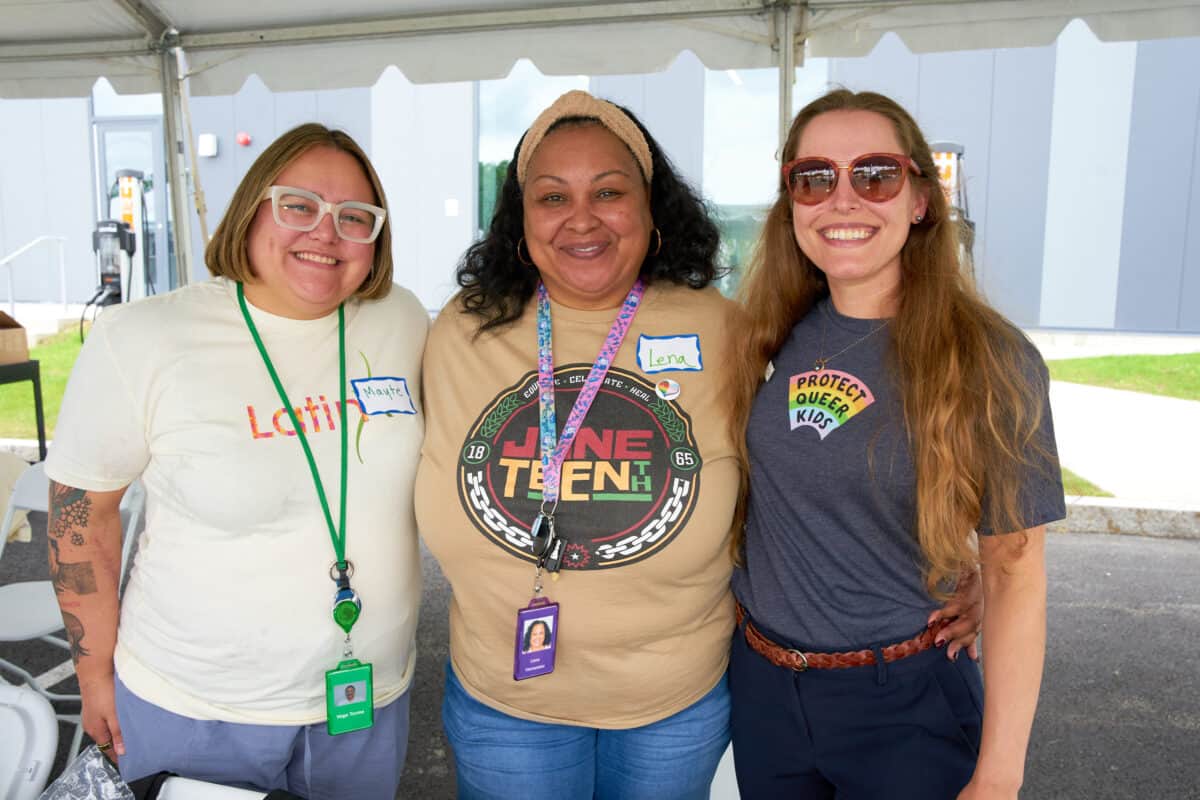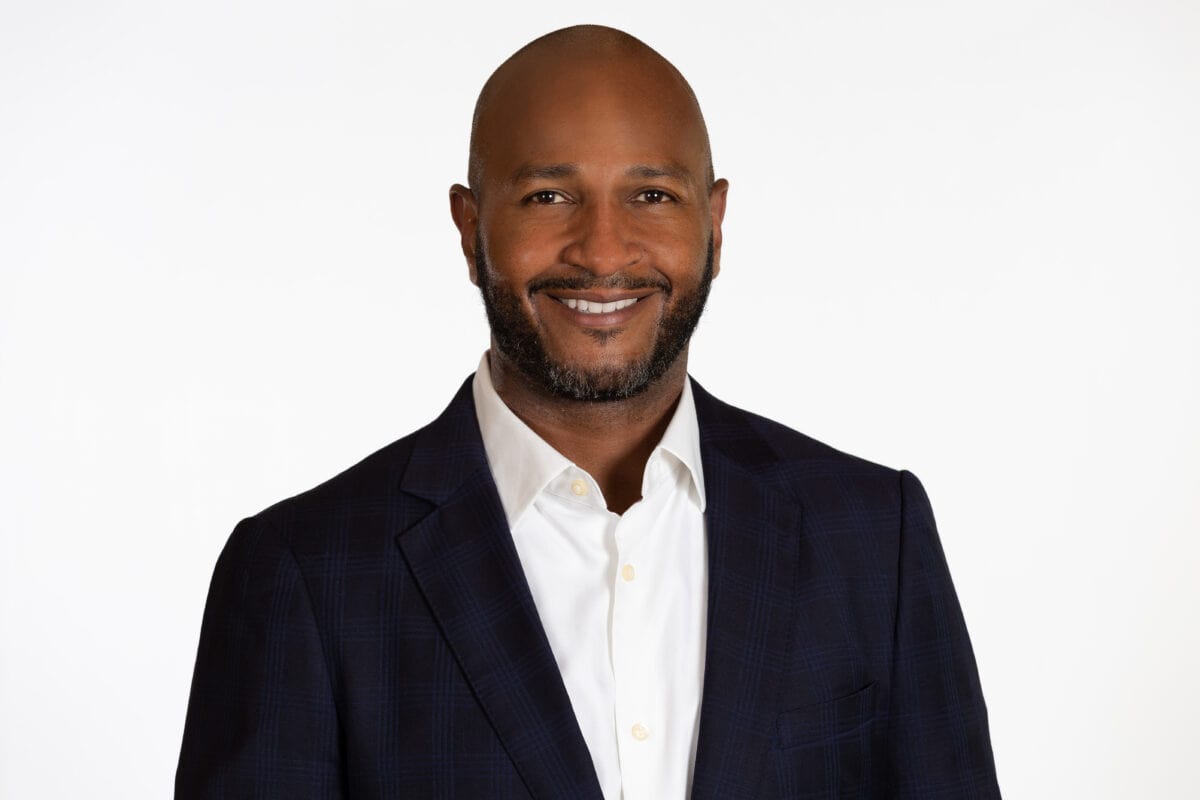
Ultragenyx CEO and Founder Dr. Emil Kakkis has long said the best teams are a “mosaic” of different backgrounds, experiences and ways of thinking, and he established the company with this core belief in mind. In my experience leading DEIB, I have consistently found that companies that instill this idea as a core belief in their corporate values and culture are best equipped to solve today’s challenges.
Weaving this core belief into a company’s daily operations starts at the top with a commitment from the executive team. Their buy-in and support serve as an example to the organization to invest with purpose in policies and practices that create a workplace where diversity, equity, inclusion and belonging (DEIB) ideals can be realized. When this is done right, and employees feel they can be their true selves at work, you’ll find your team members become even more passionate about their work and the organization.
But what does authentic executive leadership in this area really mean? It starts with a willingness to invest resources. If companies want to have a steady, continuous stream of diverse talent, they must build the infrastructure; the approach can’t be “plug and play.” This type of investment comes in many forms, but one important foundation is investing in early-in-career talent and providing an environment where employees can learn and grow – both personally and professionally. We have seen time and time again that people gravitate toward workplaces where they can advance their careers, and where they feel a sense of purpose in their work.
Activities for investment in early career-starters include partnering with local schools and community colleges to help expose young people to life science careers. In addition, we have found that establishing long-term partnerships with industry organizations like BioTech Partners is another great way to invest in emerging talent starting in high school and through college.
To increase engagement with more diverse talent across all levels, we have also found success by being involved with, and collaborating with, groups like National Sales Network (NSN), Healthcare Businesswomen’s Association (HBA), and Life Science Cares.
Initiatives can’t just be outward facing, though. The importance of DEIB policies and programs needs to be reinforced internally as well. Across the board, companies must make a commitment to ongoing education and learning around DEIB-related topics for employees. This helps to embed DEIB in the fabric of corporate culture. It also helps members of the executive team gain perspective and develop a deeper understanding of lived experiences of those who are underrepresented so that they, too, can understand and authentically believe in the importance of DEIB and champion it in not just words but actions as well.
For example, one thing we have found to be helpful is to invite a diverse range of outside speakers who share different perspectives, with the goal of raising awareness and understanding across the organization. We have also brought in employee training programs that provide tools and teach important skills for navigating and resolving anything from misunderstandings to micro-aggressions.
Internal efforts can extend into daily operations as well. For example, our interviewers and hiring managers have the opportunity to go through Interview Skills and Unconscious Bias training. This is something companies can implement to expand the sourcing channels to find more diverse talent and ensure their talent acquisition team, interviewers and hiring managers use fair and equitable hiring practices. Supporting Employee Resource Groups (ERGs) is also an invaluable way to foster connections among employee populations and build opportunities for allyship. At Ultragenyx, our six ERGs supporting women, people of color, Asian and Pacific Islander employees, LatinX team members, LGBTQIA+ employees and remote workers are an essential part of our company culture and create opportunities for two-way conversations about topics that are critically important to these communities. Our ERGs are also consistent drivers of innovation and ERG members are among some of our most engaged employees.
For companies with a global footprint, it’s also important to recognize there will be nuances in approach across geographies since differences in culture affect the implementation of DEIB strategies. In these instances, effective DEIB efforts start with research to understand local culture and expectations and leverage local expertise into what would be most meaningful for that region or country. It’s important to foster “cultural humility,” a practice that involves acknowledging limited knowledge and investing resources in those with firsthand experience. If companies learn to recognize bias towards, for instance, a U.S.-based culture, they will be better able to adopt a mindset of learning and personal growth to embrace different cultures with openness. In partnership with local employees, companies can create a roadmap for each region to accomplish shared DEIB goals.
Ultimately, effective DEIB policy is about creating an environment where everyone feels seen, heard and understood. If companies can learn to be willing to ask questions and be intentional about DEIB efforts, then when there is a disconnect or places of tension related to DEIB topics, employees and executives alike will be well-equipped to engage with genuine curiosity and compassion. When we invest in DEIB with purpose, we can see the larger mosaic taking shape which is what every company needs to bring their best ideas to life.
For more information about Ultragenyx and its efforts to create an environment where all team members can bring their whole selves to work, please visit: https://www.ultragenyx.com/join-our-team/culture/
About the Author

Kenyatta Parker
Director, Inclusion & Diversity – Ultragenyx
As the Director of Diversity, Equity, Inclusion, and Belonging (DEIB) at Ultragenyx Pharmaceutical, Kenyatta Parker draws from 18 years of expertise in communications and public administration to enhance the company’s DEIB strategy, enriching its organizational culture. His track record includes pioneering DEIB initiatives, training modules, and marketing drives that boost belonging and empowerment. Before Ultragenyx, Kenyatta steered DEIB at the San Francisco Museum of Modern Art (SFMOMA) and the Houston Fire Department, elevating promotion rates for marginalized groups and enhancing inclusivity through diverse projects. Passionate about uplifting historically marginalized voices, Kenyatta is committed to transforming entities by fostering collaborative spirit.